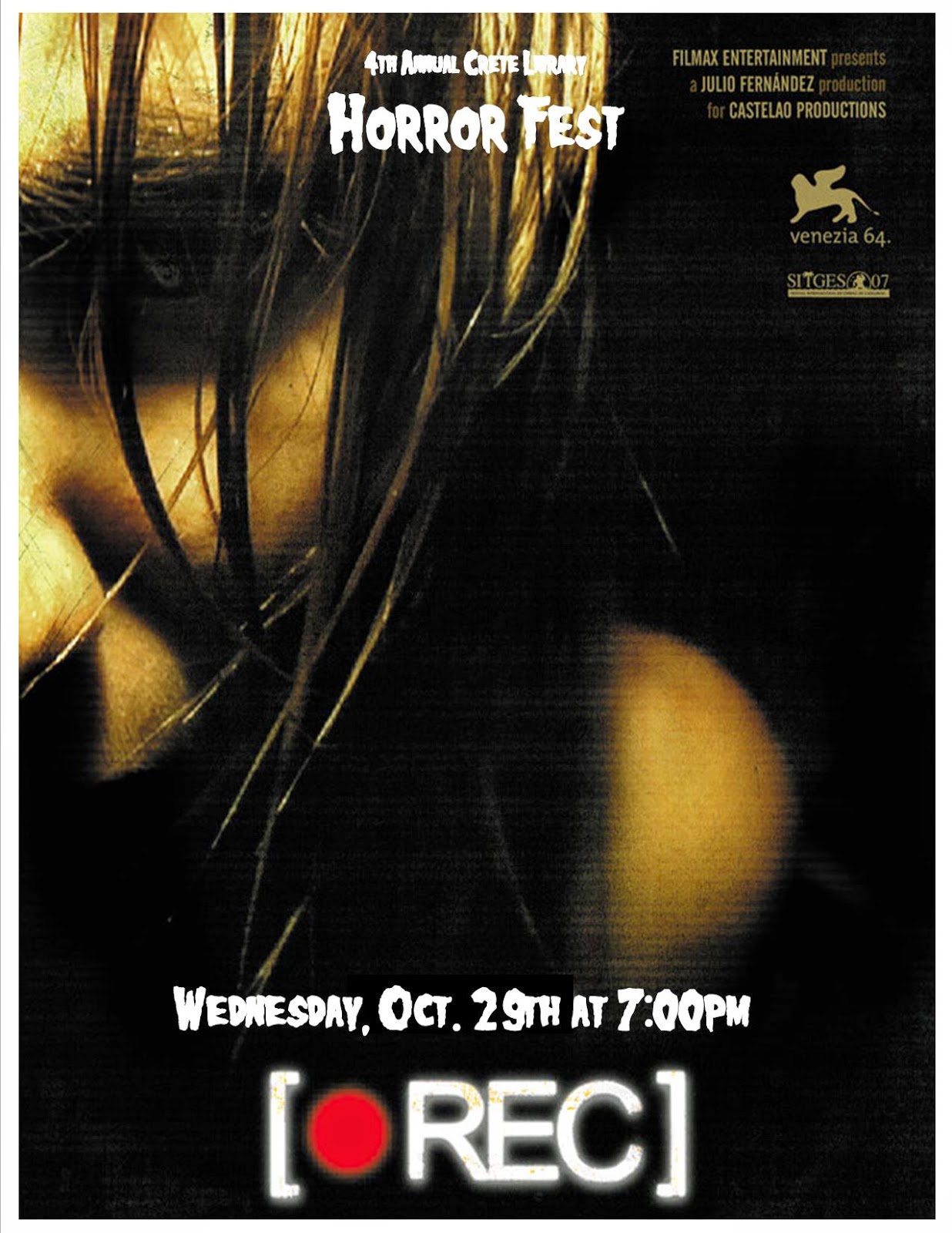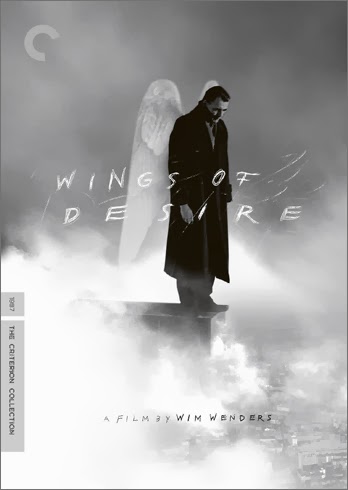Happy New Year everyone! A new year means a whole new lineup of films for Film Club. We will continue to meet on the third Thursday of each month at 6:15pm (unless otherwise indicated). In the tradition of previous years of Film Club, I'd like to create an experience that will challenge you as a viewer. I want to show you films that will make you think, spark up lively discussions and maybe even just entertain you. One of the goals for this year's club, I think, will be a greater emphasis on the discussion following the film. We have had some good talks this past year, but I'd love to amp that up a bit, and the best way to do this is with films that lend themselves naturally to discussion, so be prepared for some really stellar films this year.
Now, remember when I said Film Club meets on the third Thursday of each month (unless otherwise indicated)? Well, that holds true, except for this month. I will be out of town on the 16th (normal Film Club night) so I will be pushing this month's film to the following Thursday, the 23rd.
Ok, so, to kick off our exciting new year of Film Club, allow me to introduce our first film.
On Thursday, Jan. 23rd at 6:15pm we will be watching Alain Resnais' wonderful, enigmatic film:
Last Year at Marienbad.
Last Year at Marienbad is a 1961 French film directed by Alain Resnais. The film is famous for its enigmatic narrative structure, in which truth and fiction are difficult to distinguish, and the temporal and spatial relationship of the events is open to question. The dream-like nature of the film has fascinated and baffled audiences and critics; some hail it as a masterpiece, others find it incomprehensible.
The film takes place at a social gathering at a chateau or baroque hotel, a man approaches a woman. He claims they met the year before at Marienbad and is convinced that she is waiting there for him. The woman insists they have never met. A second man, who may be the woman's husband, repeatedly asserts his dominance over the first man, including beating him several times at a mathematical game (a version of Nim). Through ambiguous flashbacks and disorienting shifts of time and location, the film explores the relationships among the characters. Conversations and events are repeated in several places in the chateau and grounds, and there are numerous tracking shots of the chateau's corridors, with ambiguous voice overs. The characters are also unnamed.
The film continually creates an ambiguity in the spatial and temporal aspects of what it shows, and creates uncertainty in the mind of the spectator about the causal relationships between events. This may be achieved through editing, giving the apparently incompatible information in consecutive shots, or within a shot which seems to show impossible juxtapositions, or by means of repetitions of events in different settings and decor. These ambiguities are matched by contradictions in the narrator's voiceover commentary. Among the notable images in the film is a scene in which two characters (and the camera) rush out the chateau and are faced with a tableau of figures arranged in a geometric garden; although the people cast long dramatic shadows, the trees in the garden do not. The manner in which the film is edited challenged the established classical style of narrative construction. It allowed the themes of time and the mind and the interaction of past and present to be explored in an original way. As spatial and temporal continuity is destroyed by its method of filming and editing, the film offers instead a "mental continuity", a continuity of thought.
The film received mixed reviews when it was released and even continues to receive much of the same, that said, it has cemented itself as one of the great works of cinema. It currently holds an impressive 95% on Rottentomatoes.com out of 42 critical reviews, and Roger Ebert awarded the film 4 stars and included it on his list of Great Movies. He said of the film, "The idea, I think, is that life is like this movie: No matter how many theories you apply to it, life presses on indifferently toward its own inscrutable ends. The fun is in asking questions. Answers are a form of defeat."
This is a VERY interesting film: a mystery and a romance wrapped up inside an enigma. I hope that you can make it out to see this wonderful film!
Here's the trailer:
https://www.youtube.com/watch?v=yc6n2McMAnY
 We will be meeting at the regular time of 6:15pm this coming Thursday, Dec. 18th. Hope you can make it!
We will be meeting at the regular time of 6:15pm this coming Thursday, Dec. 18th. Hope you can make it!

















